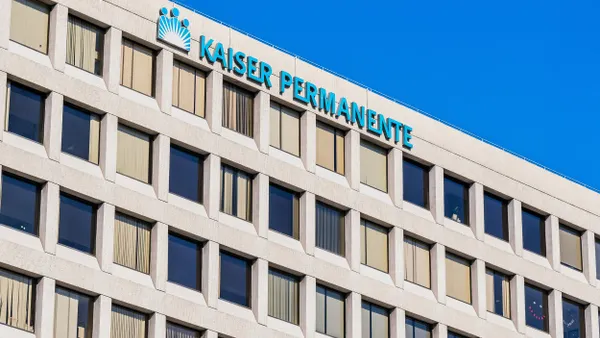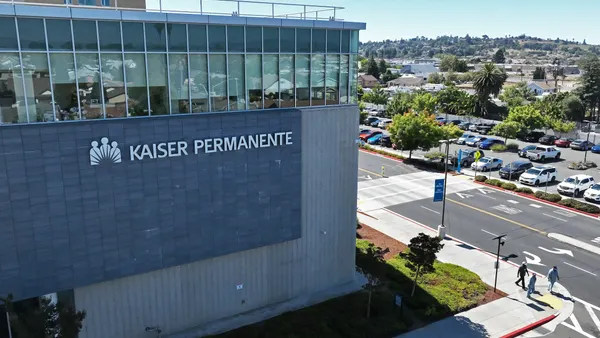Dive Brief:
- CMS extended two programs that adjust Medicare payments for small rural hospitals through Sept. 30.
- The first is the Medicare Dependent Hospital program, which reimburses at special rates those rural hospitals of no more than 100 beds, which aren't "sole community hospitals" and serve a high volume of Medicare patients (comprising at least 60% of inpatient days or discharges).
- The second is the Low-Volume Hospital program, affecting rural hospitals that may not serve a high volume of Medicare patients. These hospitals get higher payments if they are more than 15 road miles from another comparable hospital and have less than 1,600 Medicare discharges annually.
Dive Insight:
Both programs had expired in October 2013. Initially, CMS extended them through March 31 (i.e., the first six months of the federal fiscal year) to comply with the Pathway for SGR Reform Act of 2013. CMS's latest extension complies with the Protecting Access to Medicare Act of 2014. Hospitals getting a low-volume Medicare adjustment during the first six months of fiscal year 2014 need not reapply; other hospitals have until June 30 to document that they meet the mileage criterion.
The American Hospital Association and other groups had urged Congress to extend the programs, citing financial pressures specific to rural hospitals. The National Rural Health Association had said that without the programs, 200-plus MDHs would "lose millions of dollars, causing many facilities to reduce services, or worse, close doors, resulting in a devastating impact on rural patients across the nation." NRHA said 600-plus rural hospitals receive the low-volume adjustment, which would have meant "a loss for many hospitals of $1 million in Medicare reimbursement."
CMS's implementation of the Medicare programs' extensions may be good news to small, rural hospitals. Yet, as with many congressional fixes, it is a six-month "patchwork" fix, and not a lasting one.













